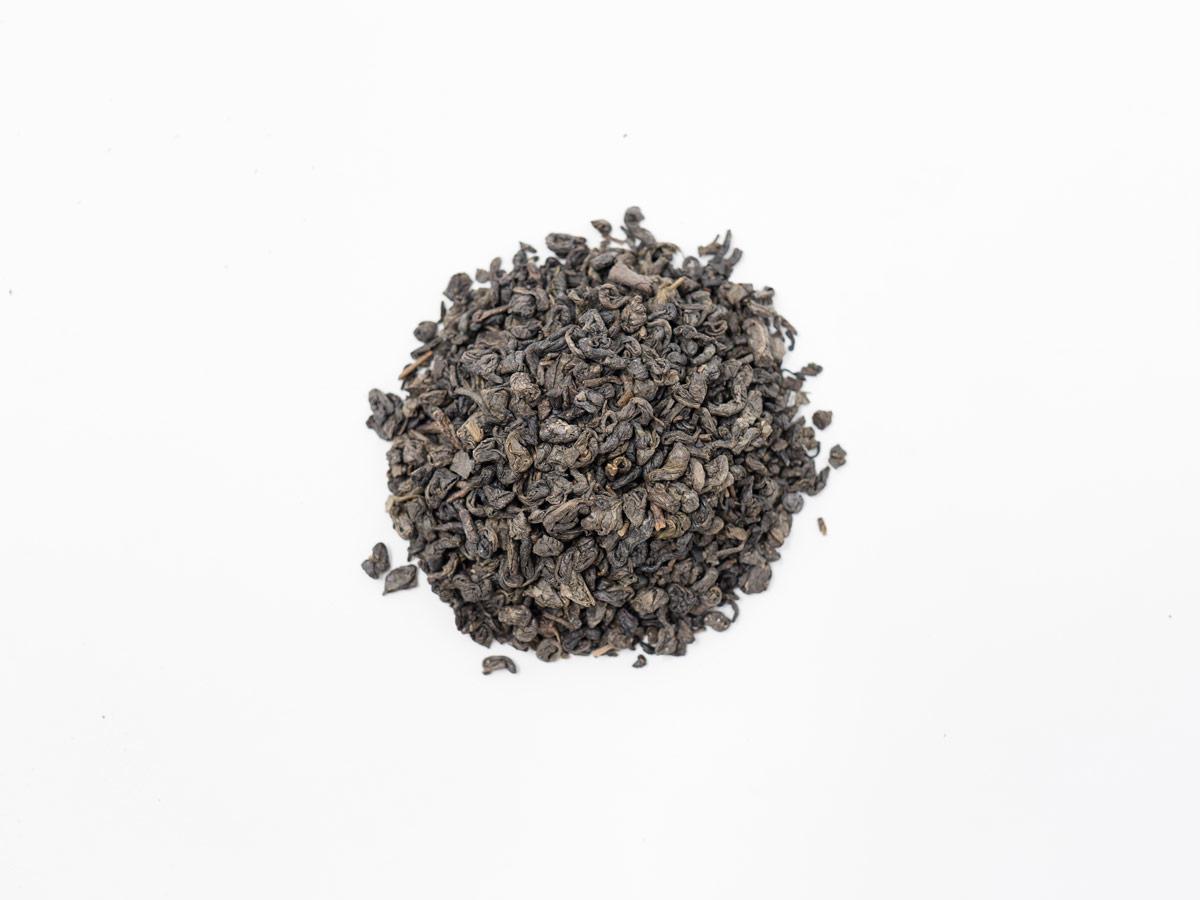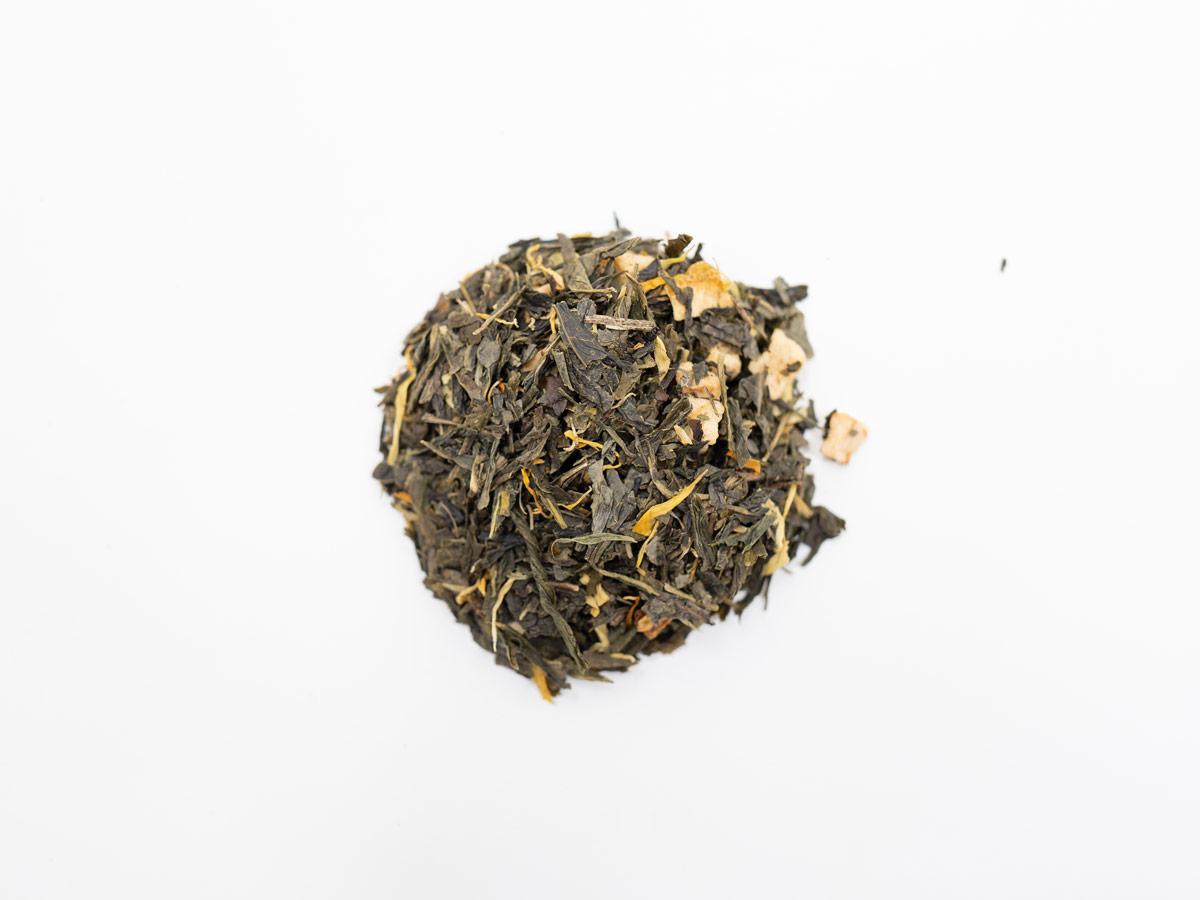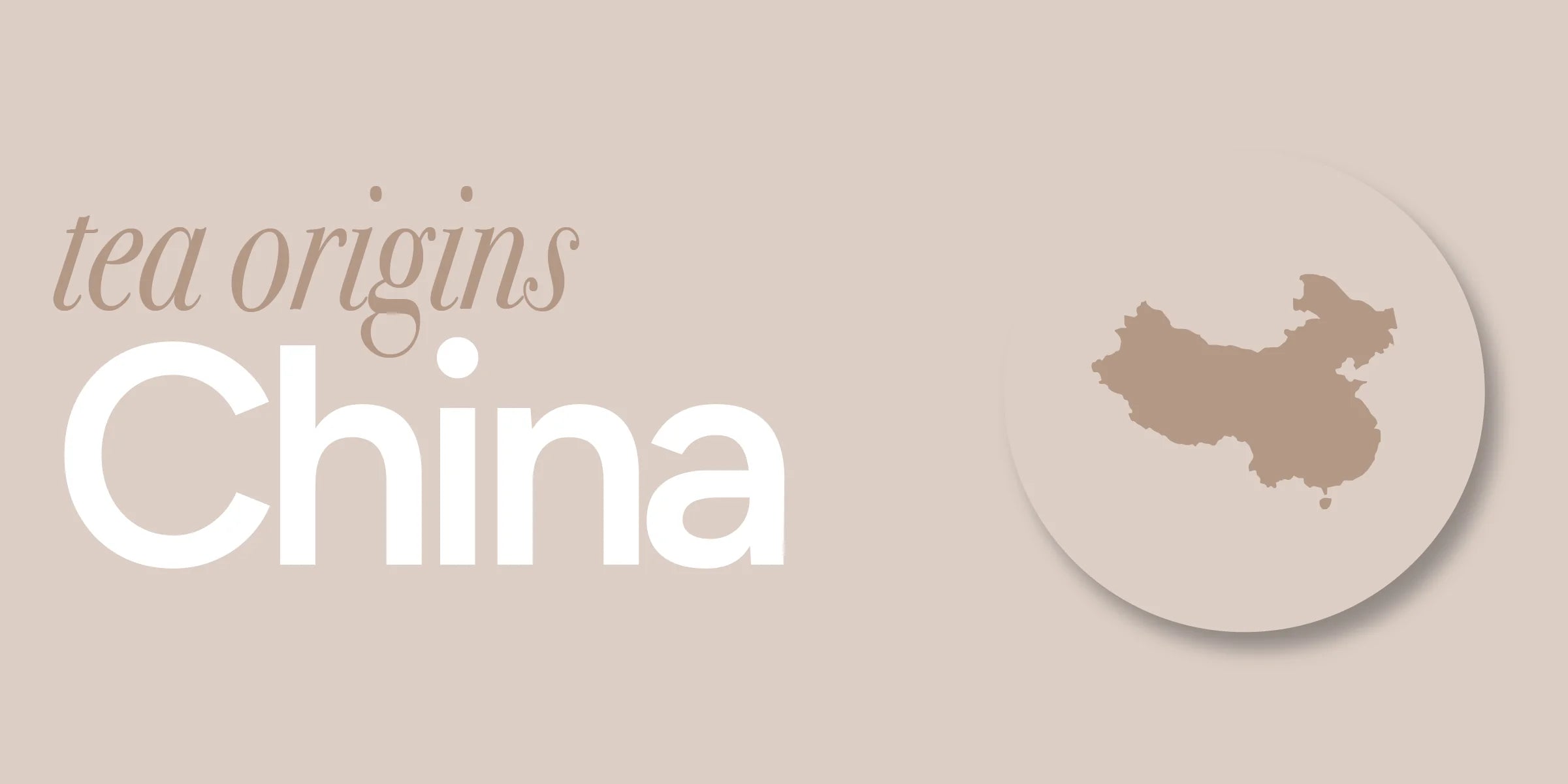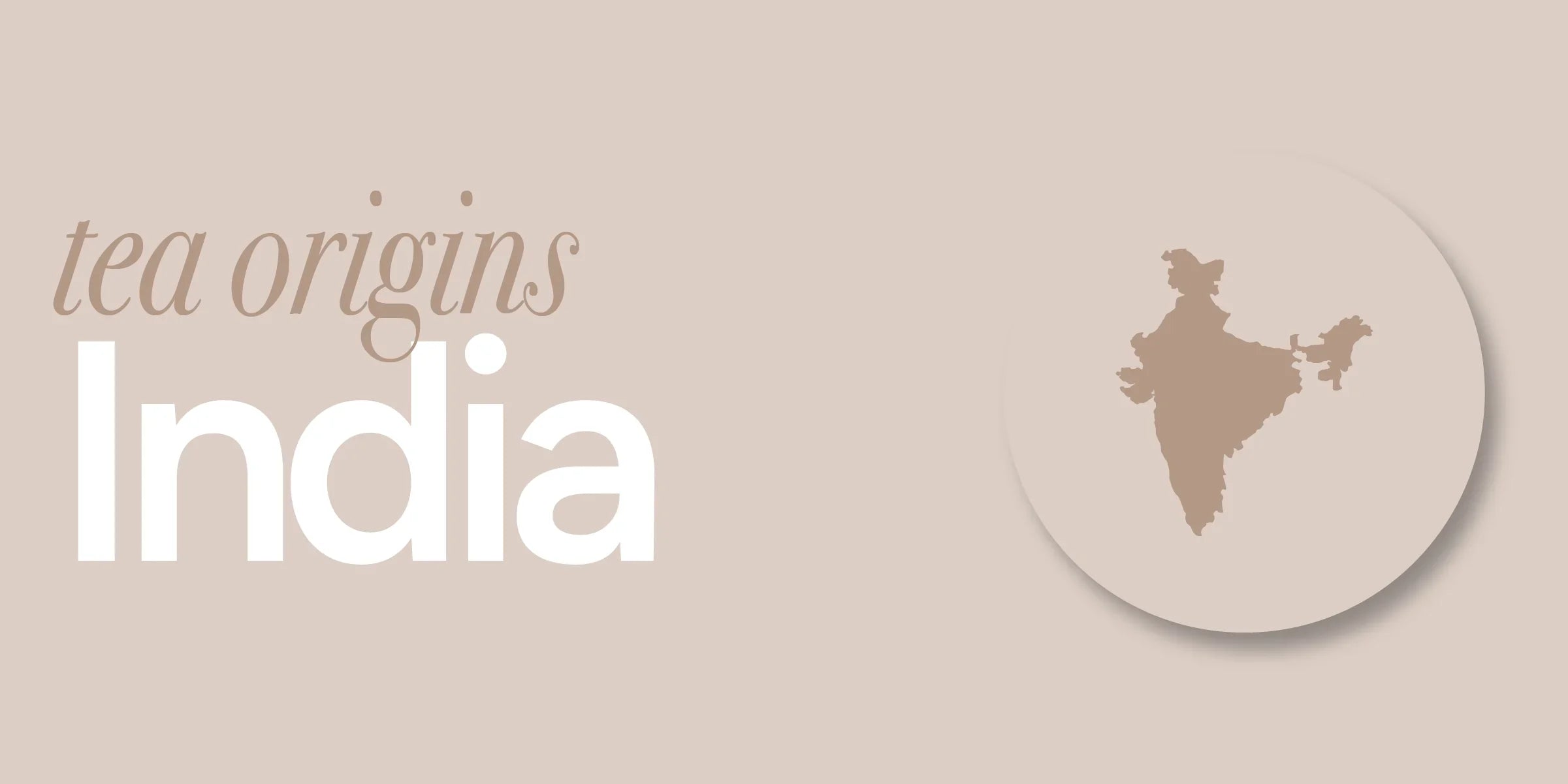Health Teas
Tea is considered to be one of the most consumed liquids around the world, next to water and coffee. There can be many reasons why it is so widely consumed, but one stands out, and that is the potential health benefits. So, is tea beneficial for our health or not?
Possible Health Benefits
Tea has often been regarded as the key to good health and happiness in the East. However, is that just from thousands of years of history and tradition, or is there some truth behind it? Some studies have shown that tea may help with cancer, heart disease, and diabetes as well as help with weight loss and mental alertness. This isn't a contrived thought without truth or merit. In fact, all white, green, black, and oolong teas are derived from the Camellia sinensis plant that contains these components. This plant contains unique antioxidants called flavonoids, polyphenols, and caffeine. So the answer is yes...basically teas are healthy. However, just because they can have some health benefits that doesn't mean tea is medicine. We get asked questions about the health benefit of certain teas, and we have to remind people that we are not doctors. We know that tea can help in supporting a healthy lifestyle, but at the end of the day, there is no conclusive evidence that tea is a cure-all or replacement for seeking medical advice.
Green, Black, White, or Oolong?
There seems to be a lot of information out there about specific teas and their presumed health benefits. I don't pretend to be an expert, but I can answer the fundamental question: Is one type of tea better than the others? Being from the same plant doesn't answer that question in and of itself. Each tea is unique and carries different potential benefits as well as flavors. This has to do with the way and timing that the tea leaves are processed.
Green Tea: has a high EGCG (Epigallocatechin gallate), which is catechin. I had to look that word up too. It is a potent antioxidant that may interfere with the growth of various cancers, clogging of arteries, help burn fat, and reduce the risk of some neurological disorders.
Black Tea: also contains antioxidants, which may help to protect your body from the effects of aging. Because they are allowed to ferment completely before drying, most black teas are especially rich in polyphenols, which have been shown to be effective against dementia in aging.
White Tea: can potentially slow down the growth of bacteria that causes infections and pneumonia.
Oolong Tea: contains the full range of polyphenol antioxidants: catechins, thearubigin, and theaflavin which may help with lowering cholesterol levels.
Stand-Out ingredients for Health Benefits
Chamomile, echinacea, hibiscus, and rooibos. Chamomile is 100% naturally caffeine-free, and traditionally used as a sleep aid and can help with stomach aches, nausea, and calming anxiety.
Echinacea (Coneflower) can help with fighting a cold as well as urinary tract, ear, and throat infections.
Hibiscus (Rosemallows) may help in lowering blood pressure and cholesterol.
Rooibos contains 37 natural antioxidants that have cancer-fighting properties and is also an adaptogen, known to help increase resistance to stress.
These are some of the main ingredients in many health or wellness teas.
Where is Your Tea Coming From?
It is also essential to be aware of where you are getting your tea and where it is being sourced. Many companies will add artificial flavoring to their teas, which have been chemically modified and end up in the tea you are drinking. Tea leaves or products can be sprayed with pesticides, and if they are not washed before production, then those pesticides are also going to end up in your tea. Make sure that you understand all the ingredients that are listed in your teas, and if you don't know something, email us, and we'll be happy to help. Paying attention to the production of tea is one of the ways your Hackberry Teas will always be your favorite. We do this work for you.
While there can be many benefits to drinking all different kinds of tea, we are not doctors. There can be a lot of information found on how tea can support a healthy lifestyle. However, there is still little evidence that would support tea being any medical replacement. We highly recommend you contact your doctor concerning health matters.
Tea has a long history of being an integral part of life and community from China and Japan, to the Dutch and Portuguese, as well as Europe and America. It has driven trade and has been a sign of wealth. Due to high taxes in the 18th-century, tea was in such demand it became the center of organized crime rings. It soon became a staple in all homes, from the Queen of England to the common chimney sweep. Tea brings people together and even has its own time of day "Teatime."
So, although tea may or may not cure cancer. I can say with all certainty that it can bring a little calm and joy as we slow down and take the time to enjoy the flavor or make the time to share a cup with a friend.



















